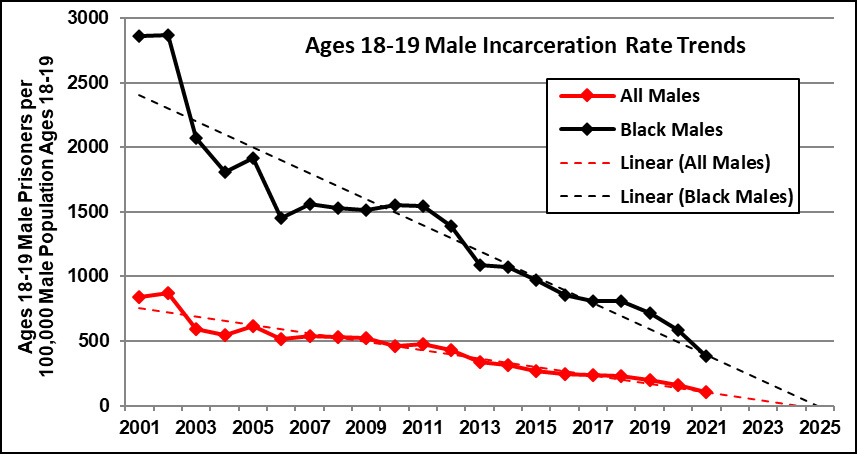Atrios points me today to a piece in the American Prospect about Long COVID. I know several people with Long COVID and it's no fun. The author of the Prospect article, Maureen Tkacik, also has Long COVID, and it sounds like hers is especially acute.
But the focus of the piece is the incompetence of the medical research establishment and its unwillingness to take Long COVID seriously. The main target of Tkacik's anger is the NIH, which is funding lots of Long COVID research, including a study at New York University:
The NYU effort involved recruiting hundreds of patients who had tested positive for COVID-19, subjecting them to extensive batteries of tests every few months, and building a database to collect and analyze their findings—a fine idea in theory, I guess, but hardly an appropriate first order of business in the middle of a public-health crisis affecting roughly 17 million Americans that has likely removed at least a million from the workforce already.
Some of the smaller initiatives funded by the RECOVER program were even more clueless....
Why is this clueless? It sounds like exactly what you should do—one of the things you should do—when you're fighting a weird disease with shifting symptoms that you need to understand better.
Tkacik mentions that Long COVID has symptoms similar to Chronic Fatigue Syndrome, so that's where the focus should be. Maybe so, but it's hardly a secret that Long COVID and CFS share similarities. That's widely known and accepted by researchers. But where does this get us? Here is Wikipedia's summary of the current state of our knowledge about CFS:
The cause or causes of the disease are unknown. ME/CFS often starts after an infection, such as mononucleosis. ME/CFS can run in families, but no genes that contribute to ME/CFS have been found. ME/CFS is associated with changes in the nervous and immune systems, as well as in energy production. Diagnosis is based on symptoms because no diagnostic test is available.
We don't know what causes it, we have no way of diagnosing it, and only some Long COVID patients have CFS symptoms anyway. What's more, CFS and Long COVID may be similar but it's also clear they aren't the same thing. As for the Epstein-Barr virus, which Tkacik also points to, we don't know what role it plays since everyone has it and only some people get Long COVID. What's more, there are no vaccines for Epstein-Barr and precious few treatments, so it wouldn't help much even if we did identify it as a likely suspect.
In the end, Tkacik quotes only two people. One is her own doctor, who suggests Long COVID might be "psychological." I don't blame her for being pissed off about that, but take a look at the NIH page on Long COVID. It mentions several possible physical causes of the disease with not even a veiled hint that it might be all in your head.
The second person she quotes is an anonymous researcher who says, among other things, that NIH is wasting its money on "voodoo stuff like CBT." But cognitive behavioral therapy isn't voodoo. It might not work out in this case, but it's genuinely effective sometimes—and it might turn out to be a useful therapy for some Long COVID sufferers while we're waiting for more effective cures. I have trouble taking anyone seriously who says stuff like this.
The Long COVID community is widely contemptuous of all the funding for observational studies that haven't yet produced a cure. That's understandable. It's intensely frustrating that medical research takes so long. But it does, and neither the NIH nor anyone else is refusing to take Long COVID seriously. There are currently nearly 10,000 clinical Long COVID trials in progress supported by billions of dollars in funding. Unfortunately, given the history of things like AIDS, CFS, Lyme disease, and so forth, we'll be lucky if we get good treatments any sooner than a decade or two. After all, if the answer were really simple and obvious, we'd have a cure already.












